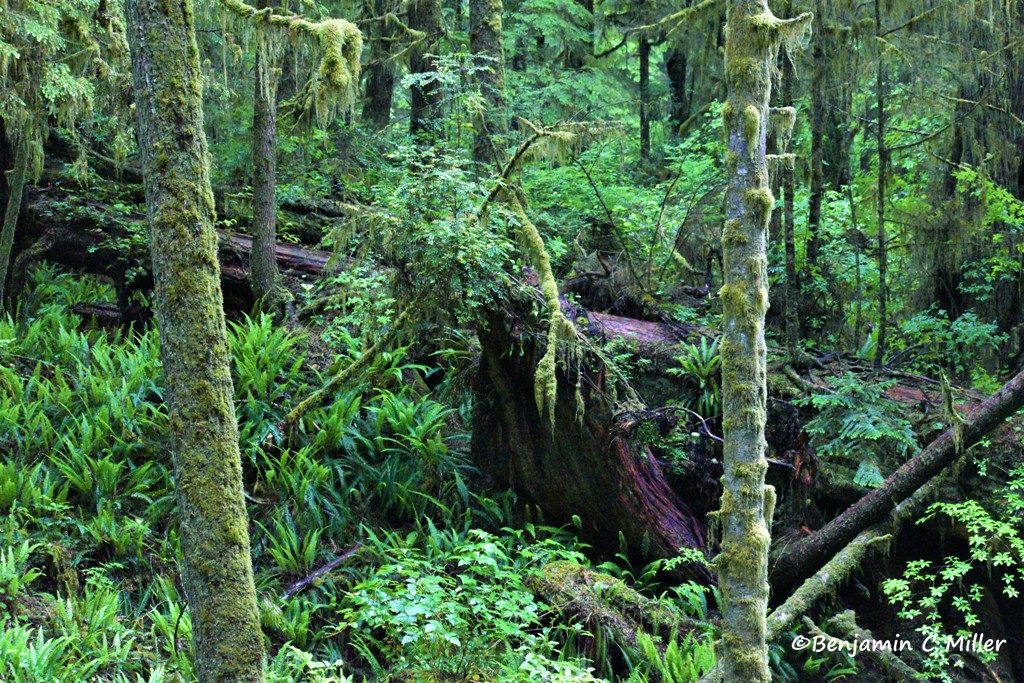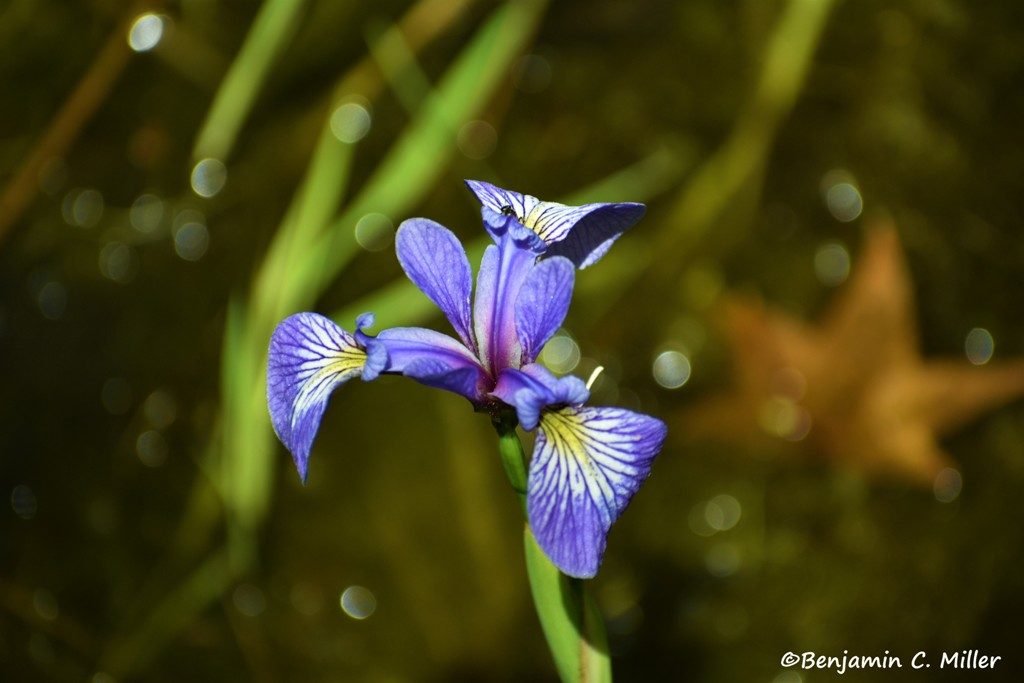June 5, 2020 –
World Environment Day – Theme: ‘Celebrate Biodiversity’

June 5th marks the global celebration of World Environment Day, so designated by the United Nations as an opportunity to encourage an awareness and general appreciation for the need to protect the natural environment. Behind this, however, is an intentional campaign to generate action and interest in combating the greatest obstacles to fostering ecological health, like human overpopulation, rampant deforestation, and climate change driven by the overuse of fossil fuels, among many other challenges. In this respect, it is a touchstone for reflecting upon the UN’s broader goals for sustainable development and conservation.
Since the inaugural celebration in 1974, every year has been marked by a specific thematic emphasis, and for 2020 it is ‘Celebrate Biodiversity‘. Notably, and reflecting the international flavor of the event, this year’s activities will be hosted by the South American nation of Colombia, one of the few places in the world labeled by ecologists as biologically ‘megadiverse’. This implies that the degree and density of native animal and plant diversity is almost unrivaled relative to most countries. The sheer complexity of Colombia’s biogeography alone serves as a valuable template for considering the interdependence of all life of on this planet. But most importantly, the event will emphasize the painful fact that the vast majority of living species on Earth are threatened by zealous over consumption of its finite resources. Our era, lately dubbed the ‘Anthropocene’ or ‘age of humans’ by geologists, is currently undergoing what most biologists and earth scientists consider a sixth mass extinction event, the largest and most formidable since the devastating asteroid impact that famously wiped out the dinosaurs, let alone a significant percentage of terrestrial and marine fauna and flora, over 65 million years ago. In light of this daunting realization, the current lack of a sound and accepted ecological ethic in industry has profound consequences for the human future as much as its does for our fellow beings. The ecosystem services and ‘natural capital’ supplied by our other-than-human earthlings, often taken for granted by economists and industry leaders, are in most respects the backbone of the global economy, providing us with the means to produce everything from the raw materials needed in manufacturing and engineering to the medicines that save lives. Indeed, even the incredible biodiversity within topsoil, found on some of the smallest scales one can imagine, permits the existence of the very food system we need to survive and maintain healthy lives. The erosion of this necessary diversity translates to an erosion of human well-being, and can directly contribute to human-wildlife conflict, increased competition for progressively scarcer resources, a persistent rise in dangerous zoonotic pathogens, food insecurity, and more.

However, amidst the suffering and violent destruction inflicted on all beings in the name of progress and development, there is hope. More than ever, ordinary people around the world are independently awakening to the profound value of the community of life on this planet, and are fighting to protect those beings who cannot speak for themselves. There is an evolving set of values that does not take for granted the need for a resilient and adaptable global ecosystem, and instead focuses on innovative solutions to the complex problems of working with rather than in opposition to the laws of ecology for the benefit and welfare of all beings, including ourselves. Various NGOs and nonprofits, like Green Cameroon, have sprung up all over the world to work on a local scale to promote sustainable use of resources as well as advocating for the mindful protection of wildlife and healthy landscapes for the benefit of the communities they serve. Such activism is sure to transform our world from one of hopelessness to one of pragmatic yet hopeful action. We have come to perceive that human flourishing and a respectful attitude towards the immense tapestry of life are not mutually exclusive, and indeed are necessary components of designing not merely a more sustainable but more meaningful future for everyone.
As American peacemaker and activist Bernard Glassman wrote in his book Bearing Witness, “When we see the world as one body, it’s obvious that we heal everyone at the same time that we heal ourselves, for there are no ‘others’.” Despite the differences across species and peoples, ultimately it must be remembered that we live on one planet, and are truly members of one community. So please join Green Cameroon in celebrating our Earth’s most precious and cherished resource: its biodiversity.

